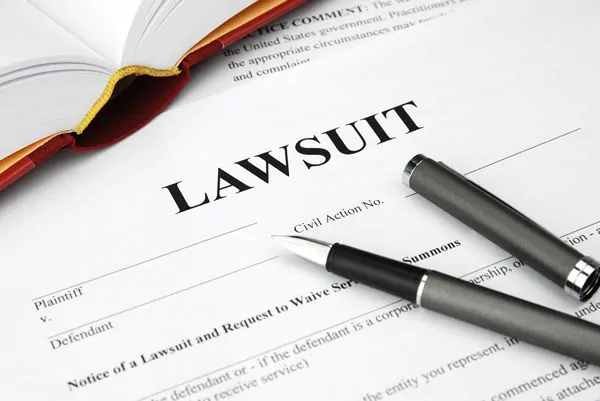First Amendment Rights In The Workplace: What You Need To Know

American democracy hinges on the First Amendment, which protects free expression. While this right must always be upheld, its application in work settings should also be acknowledged. We will explore here how employees and employers alike must navigate their First Amendment rights in this complex area of law.
- The First Amendment Overview
Let us start off by reviewing the text of the First Amendment: “Congress must not pass laws that create religions or make it illegal for individuals to freely practice them, limit free speech or press, or undermine people’s ability to peacefully gather and ask the government for help with any problems.”
The First Amendment primarily restrains government actions. Guaranteeing freedom of speech, religion, press, assembly or petitioning from government interference; however this doesn’t apply equally in private workplaces.
- The First Amendment And Private Employers
As is often the case, private employers do not fall under government jurisdiction and thus fall outside certain constitutional restrictions that govern government agencies.
Private employers generally have more latitude in controlling employee speech and conduct in the workplace. They can create policies to govern employee conduct as long as these do not violate any other laws such as antidiscrimination or labor regulations.
- Employee Speech And Expression
Though private employers generally allow more latitude when it comes to employee speech restrictions, there are still key considerations worth keeping in mind:
Company Policies: Private employers can implement workplace policies that restrict certain forms of speech or expression in order to maintain an optimal working environment and prevent harassment, hate speech and discrimination from disrupting productivity and harmony in the office. Policies typically cover issues like harassment, hate speech and discrimination.
Protected Speech: There may be situations in a workplace in which employees can engage in protected speech – even within a private workplace – such as discussing labor conditions, wages and safety concerns without fearing retaliation from their employers.
Whistleblower Protections: Whistleblower laws exist to provide employees who report illegal activities, safety violations or any other improper practices within their organizations with protection. These protections often extend to speech within the workplace.
- Public Employees And The First Amendment
Public employees such as government workers have their own set of considerations when it comes to exercising their First Amendment rights in the workplace. While this aspect can apply more directly, its scope still has some limitations.
Public Forum Doctrine: The Public Forum Doctrine acknowledges that certain government workplaces, like universities, may serve as forums for open discourse. When this occurs, restrictions on speech are subject to closer examination.
Balancing Test: Courts often utilize a balancing test to ascertain whether public employees’ First Amendment rights have been infringed upon. This procedure weighs an employee’s desire for free expression against government interests in creating an efficient workplace environment.
Job-Related Speech: Speech directly related to a public employee’s job duties may receive less First Amendment protection than speech on matters of public concern; however, this distinction can often be unclear and lead to legal disputes.
- Conclusion: Balancing Rights And Responsibilities
Understanding First Amendment rights in the workplace requires striking a delicate balance between individual liberties and legitimate employer interests. Private employers generally have more leeway when it comes to regulating employee speech, provided it remains within applicable laws and statutes. Public employees tend to enjoy stronger First Amendment protections; however, context and content of their speech remains important considerations.
Both employers and employees should know their workplace rights and obligations, especially regarding free speech. Although the First Amendment is absolute, its implementation in employment might be complicated. When handling sensitive topics such as free speech at work it is advisable to seek legal advice to ensure all actions comply with law while simultaneously creating an inclusive work environment which fosters respect, inclusion and productivity for all. For an in-depth exploration of how the First Amendment operates in an employment setting including both employee rights and employer obligations please read up on this important topic – there’s much more here worth exploring on this important subject!





